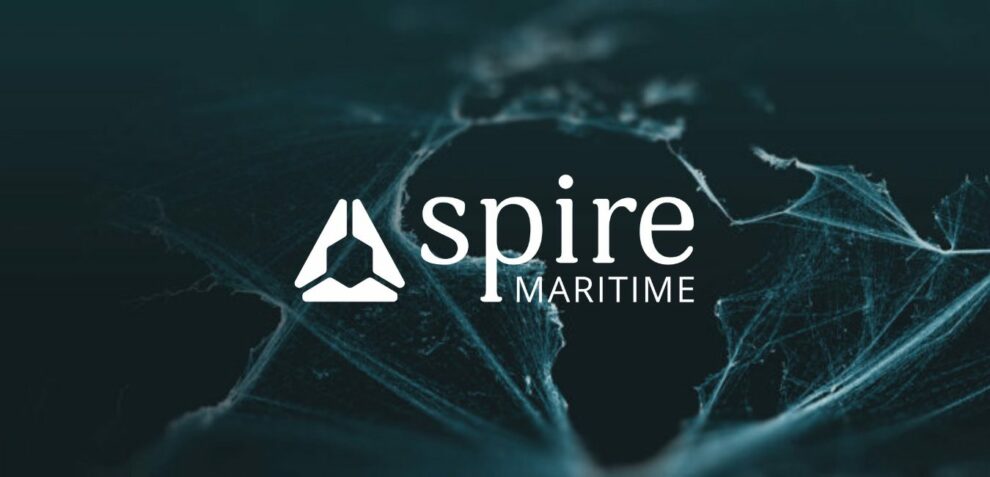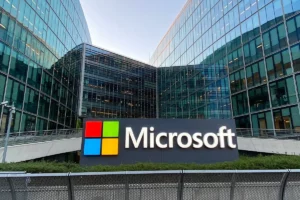Maritime data powerhouse Kpler’s proposed acquisition of Spire Maritime has triggered widespread concerns among industry players and customers over potential market monopolization and data access restrictions. The $241 million deal, announced November 13, would place Spire’s sophisticated satellite network and crucial shipping data under Kpler’s growing portfolio of maritime intelligence assets.
Spire Maritime’s advanced satellite constellation provides unparalleled global ship tracking capabilities through its Automatic Identification System (AIS) data stream, offering updates every 15 minutes. This technical superiority far outpaces its closest competitor, Orbcomm, which operates with just 7-10 satellites and requires approximately 36 hours for global coverage updates.
The company’s cutting-edge technology enables tracking of tens of thousands more vessels than competing services, making it an indispensable resource for a diverse client base. Current customers include major players like Maxar Intelligence, Polestar Global, Lloyd’s List Intelligence, and Windward, alongside numerous shipping companies, cruise operators, and Wall Street commodities trading desks.
Industry insiders familiar with the matter express particular concern over the future of data access for analytics companies that currently rely on Spire’s AIS data while potentially competing with Kpler in certain market segments. Companies like Veson Nautical, serving giants such as Cargill and Trafigura, and ShipTracks, whose clients include Chevron, could face significant operational challenges if their access to Spire’s crucial data stream is restricted or terminated.
The acquisition represents another strategic move in Kpler’s aggressive expansion strategy within the maritime data sector. The French company has already absorbed several key competitors, including UK-based MarineTraffic and Norwegian firm Nortek, steadily consolidating its position in the global maritime intelligence market.
Sources indicate that Kpler’s previous acquisition of MarineTraffic, once a major competitor in the AIS data market, resulted in some analytics companies losing access to vital data streams, particularly those operating outside Kpler’s primary customer focus. This historical precedent has intensified concerns about the potential impact of the Spire Maritime acquisition.
While the deal ensures continued service for existing U.S. government contracts related to maritime data, including critical services to the Department of Defense and intelligence agencies, commercial users worry about the broader implications for market competition and innovation. Industry observers point out that vertical integration of this scale could lead to significant pricing power and potentially stifle technological advancement in the sector.
The proposed acquisition has drawn particular attention due to Spire’s unique position in the market. Its satellite technology and data capabilities serve as fundamental infrastructure for numerous downstream applications, from commodity trading to maritime safety and security. The concentration of such critical capabilities under one corporate umbrella raises questions about market dynamics and fair competition.
LSEG Data & Analytics, which incorporates Spire’s data into its products, represents another major stakeholder potentially affected by the acquisition. The deal’s implications extend beyond immediate market participants to impact the broader financial and maritime intelligence ecosystems.
As regulatory scrutiny intensifies, industry stakeholders have begun voicing their concerns to U.S. authorities, highlighting the potential anticompetitive effects of the deal. The outcome of this proposed acquisition could reshape the landscape of maritime data analytics and affect countless businesses that rely on accurate, timely shipping information for their operations.
This development comes at a crucial time when global shipping intelligence has become increasingly vital for supply chain management, commodity trading, and maritime security. The consolidation of such critical infrastructure under a single entity’s control poses significant questions about market access, data availability, and the future of maritime intelligence services.
















Add Comment